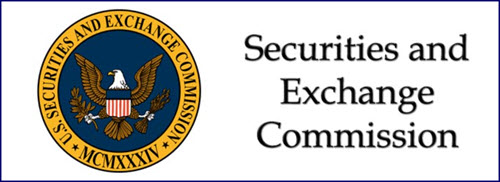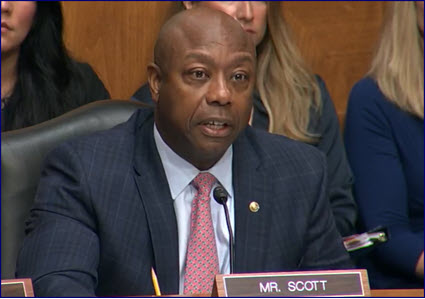
A group of seven key Democrats from the House Appropriations Committee on Jan. 22 urged Securities and Exchange Commission (SEC) Chair Gary Gensler to exempt real estate assets from a proposed “Custody” rule. The proposal would fundamentally change the ownership and transfer rights of real estate, and impose severe investment limitations on advisory clients. The congressional letter supports The Roundtable’s strong opposition to the rule. (Congressional letter)
Proposed “Qualified Custodian” Layer
- The SEC’s Safeguarding Advisory Client proposal would inject significant confusion into well-established transaction protections, rules, and procedures governing real estate transactions by imposing a new layer of unclear and unnecessary oversight. (SEC Rule proposal)
- Current law (the “Custody Rule”) under the Investment Advisers Act of 1940 requires an investment adviser to maintain clients’ funds and securities with a qualified custodian. The new proposed SEC rule would expand this requirement to maintain all advisory client assets with a qualified custodian. It is not possible to maintain other physical investments such as real estate with a qualified custodian.
- The letter, led by Rep. Joseph Morelle (D-NY), noted the SEC has acknowledged that real estate assets may not be easily subject to theft or loss and therefore may not need safeguarding protections. Additionally, the letter states, “The ownership of a real estate asset is tracked by mortgages and deeds recorded by municipalities, further decreasing the likelihood of theft.”
- The House Democrats also emphasized that the SEC’s proposal would materially inhibit investors’ access to real estate investment strategies through an advisor. The additional layer of unnecessary oversight would also compound pressures on residential and commercial real estate markets, which are currently constrained by a lack of affordable housing, high interest rates, and increased office vacancies.
Real Estate Exemption
- The Appropriations Committee members’ letter requested “the Commission exclude real estate from the scope of any final rule.” They also stated that the Commission should not place additional pressure on residential and commercial real estate markets.
- An Oct. 30, 2023 letter from Real Estate Roundtable President and CEO Jeffrey DeBoer to the SEC reiterated the current legal protections that promote the safe-keeping of real estate assets held in advisory accounts or funds. DeBoer urged the SEC “… in the strongest possible terms to exclude real estate from the scope of any final [Safeguarding] rule,” citing the ample set of existing protections that prevent real estate assets from fraudulent transfer. (Roundtable Weekly, Nov. 3, 2023)
- The Roundtable and a diverse group of 25 trade associations previously wrote to SEC Chair Gary Gensler on Sept. 12, 2023 to oppose the Custody Rule proposal and explain the negative impacts it would have on investors, market participants, and the financial markets.
Fed and OCC Voice Concerns

- Federal Reserve Chair Jerome Powell and acting Comptroller of the Currency Michael Hsu recently expressed concerns over the SEC’s proposed expansion of existing custody regulations. (PoliticoPro, Feb. 2)
- Powell and Hsu responded to a Nov. 1 inquiry from Rep. Andy Barr (R-KY), who chairs the House Financial Services Committee Subcommittee on Financial Institutions and Monetary Policy. The Fed and OCC leaders stated that extending the SEC custody proposal to assets beyond “funds and securities” would require a significant change in custody practices at depository institutions.
- Both regulators said their agencies are engaged with the SEC about the proposal. (Letters from Powell and Hsu via PoliticoPro)
The Roundtable’s Real Estate Capital Policy Advisory Committee (RECPAC) Custody Rule Working Group met with the SEC’s Division of Investment Management last November about the proposal and developed The Roundtable’s comments. Details about RECPAC’s next meeting this spring in New York City are forthcoming.
# # #

